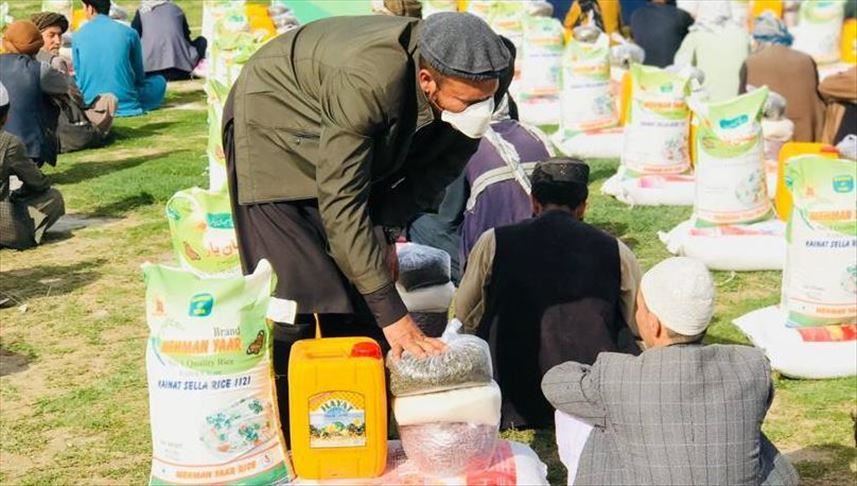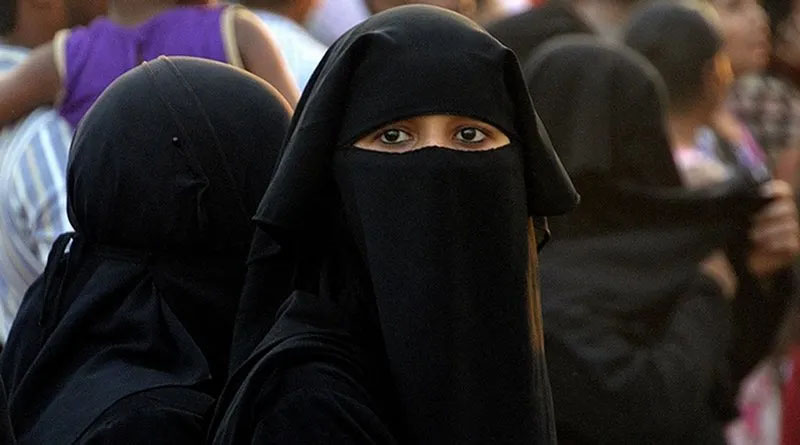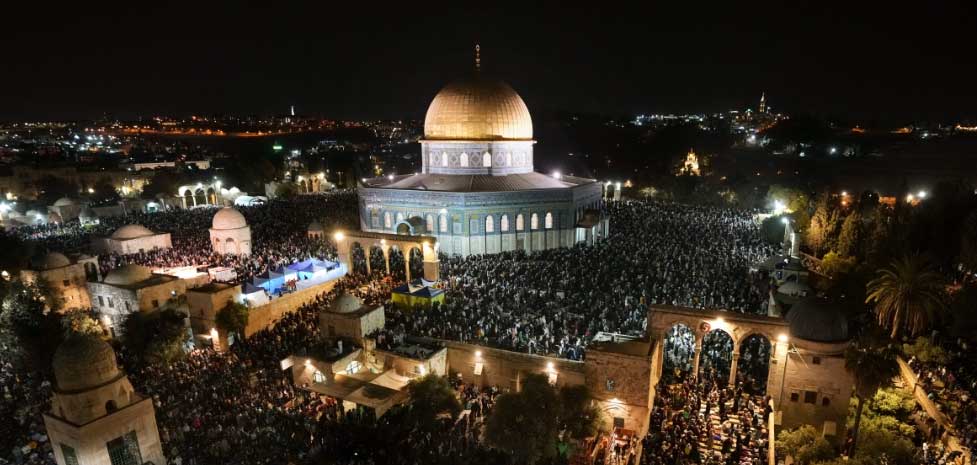Muslims believe that the same God created all human beings; therefore, they belong to one great brotherhood.
All being descendants of the same progenitor, they ought to be one another's well-wishers and be willing to help one another as if they were family members. Every religion has preached charity as a way to bring justice to society.
Since justice is the essence of religion, Islam makes charity a moral obligation and binding obligation for all who embrace it, emphasizing the support of the needy and destitute. Thus, the affluent have a sacred duty to provide for the needs of the deprived.
Charity plays an important role in bringing justice to society.
When members of a society do not spend all their wealth on themselves but reserve a portion for their parents, relatives, neighbors, the poor, and the needy, a society can flourish. It is said that charity begins at home. After meeting his family's needs, a true believer is always ready to help others in need.
Islam refers to charity as Sadaqa in its broadest sense. To practice charity, individuals are trained during the month of Ramazan. The institution has therefore been created to give it permanence and regularity. By taking from the wealthy and giving to the poor, Zakat balances social inequality by rotating wealth.
Zakat and Sadaqa are obligatory and voluntary forms of charity in Islam. Zakat, which means purification, comes from the verb Zakat, which means 'to thrive,' 'to be wholesome,' and 'to be pure.' An individual giving up a portion of their wealth that exceeds what is necessary for their sustenance is a purifying process that legitimizes their use of the remaining wealth.
That’s why we arrange an event once a month so our students and surroundings people can take part in this great event and donate as much as they can. In the holy month of Ramazan, many Hadith emphasize the importance of giving Sadaqa. Since this is a month of fasting, many people who can afford it help the poor somehow. Quranic verses frequently urge believers to perform worship and pay Zakat and even state that one cannot attain righteousness without giving away one's wealth to God. Furthermore, it says:
"You cannot attain righteousness unless you give of what you love." Quran 3: 92
A Hadith summarizes the essence of charity: "Every good act is charity.". It is charity to smile at your brother; to encourage your fellow people to do virtuous deeds is almsgiving; to guide a wanderer is charity; to assist the blind is charity; to remove stones, thorns, and other obstructions from the road is charity; to give water to the thirsty is charity.
2cad5544-2.png)


